Description
Potassium: The Unsung Hero of Your Health
We often hear about the importance of vitamins and minerals like calcium and iron, but one mineral often gets overlooked: potassium. This essential electrolyte plays a vital and multifaceted role in maintaining our overall health and well-being. From regulating blood pressure to supporting muscle function, potassium is a true unsung hero in the world of nutrition.
What is Potassium and Why Do We Need It?
Potassium is a mineral that acts as an electrolyte in the body. Electrolytes are substances that conduct electrical impulses when dissolved in water. These electrical impulses are crucial for numerous bodily functions, including:
- Maintaining Fluid Balance: Potassium, along with sodium, helps regulate the amount of fluid inside and outside of our cells. This balance is essential for proper cell function and overall hydration.
- Regulating Blood Pressure: Potassium helps to relax blood vessel walls, which counteracts the effects of sodium and can lower blood pressure. This is especially important for individuals with hypertension.
- Supporting Muscle Contraction: Potassium plays a key role in the electrical signals that trigger muscle contractions. This includes the contraction of muscles in your heart, digestive system, and skeletal muscles.
- Nerve Function: Potassium assists in the transmission of nerve impulses, allowing for communication between the brain and the rest of the body.
- Heart Health: By regulating electrical impulses, potassium helps maintain a regular heartbeat.
- Bone Health: Some studies suggest that adequate potassium intake may contribute to stronger bones and reduced risk of osteoporosis.
The Consequences of Potassium Deficiency (Hypokalemia)
While severe potassium deficiency is relatively rare, mild to moderate deficiencies are more common and can lead to various health problems. Symptoms of hypokalemia include:
- Muscle weakness and cramps
- Fatigue and sluggishness
- Irregular heartbeat (arrhythmia)
- Constipation
- High blood pressure
- Confusion
In severe cases, hypokalemia can be life-threatening, leading to paralysis and cardiac arrest.
Sources of Potassium: Fueling Up Naturally
Fortunately, potassium is abundant in a wide variety of foods, making it relatively easy to incorporate into your diet. Some excellent sources of potassium include:
- Fruits: Bananas are the most well-known source, but other potassium-rich fruits include avocados, cantaloupe, oranges, dried apricots, and prunes.
- Vegetables: Leafy greens like spinach and kale, sweet potatoes, tomatoes, potatoes (with the skin), mushrooms, and broccoli are excellent sources.
- Legumes: Beans like kidney beans, white beans, and lentils are packed with potassium.
- Dairy: Milk, yogurt, and other dairy products contain potassium.
- Fish: Salmon, tuna, and cod are good sources of this essential mineral.
- Nuts and Seeds: Almonds, peanuts, and sunflower seeds provide a good source of potassium.
How Much Potassium Do You Need?
The recommended daily intake of potassium varies based on age and other factors. Generally, adults should aim for around 4,700 milligrams per day. Consulting with a healthcare professional or registered dietitian is always recommended to determine the right amount for your individual needs.
Potassium Supplements: When Are They Necessary?
While obtaining potassium through a balanced diet is ideal, potassium supplements may be necessary in certain cases, such as:
- Individuals with medical conditions that affect potassium levels (e.g., kidney disease)
- People taking certain medications (e.g., diuretics) that can deplete potassium
- Individuals with severe vomiting or diarrhea
However, potassium supplements should only be taken under the guidance of a healthcare provider, as excessive potassium intake (hyperkalemia) can be dangerous.
The Bottom Line
Potassium is a vital mineral that plays a crucial role in maintaining overall health and well-being. By incorporating potassium-rich foods into your diet and understanding the potential consequences of deficiency, you can ensure your body has the fuel it needs to function optimally. So, the next time you’re planning your meals, remember the unsung hero of your health: potassium! Consider adding a banana to your breakfast, a sweet potato to your dinner, or a handful of almonds as a snack. Your body will thank you for it.

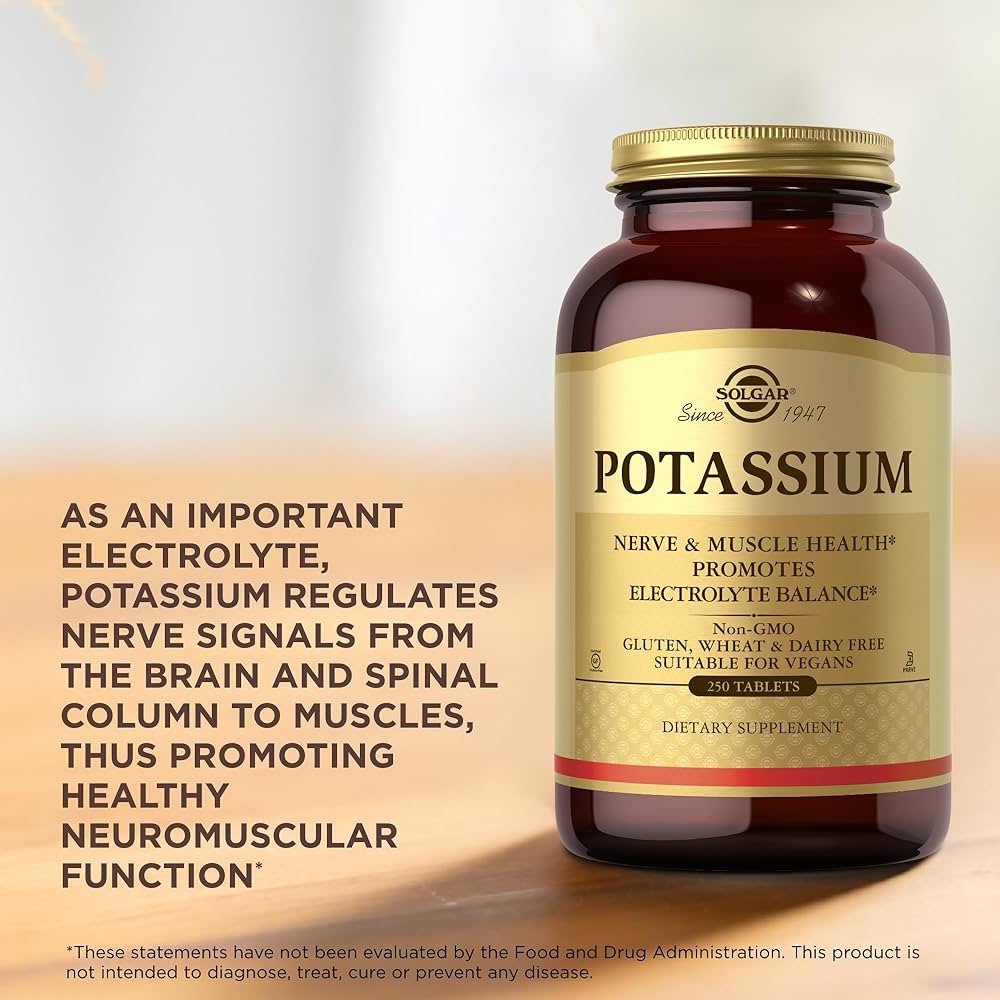
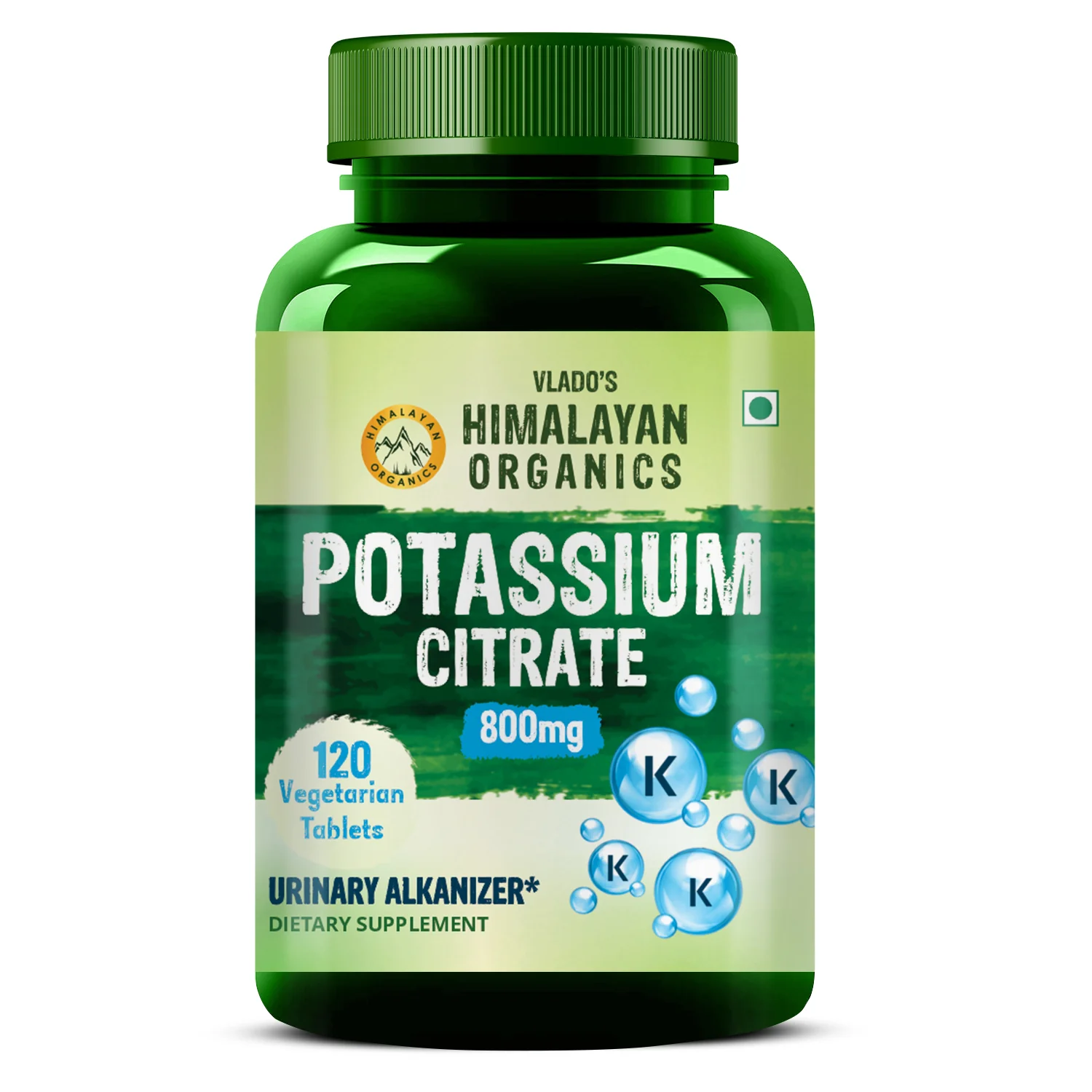
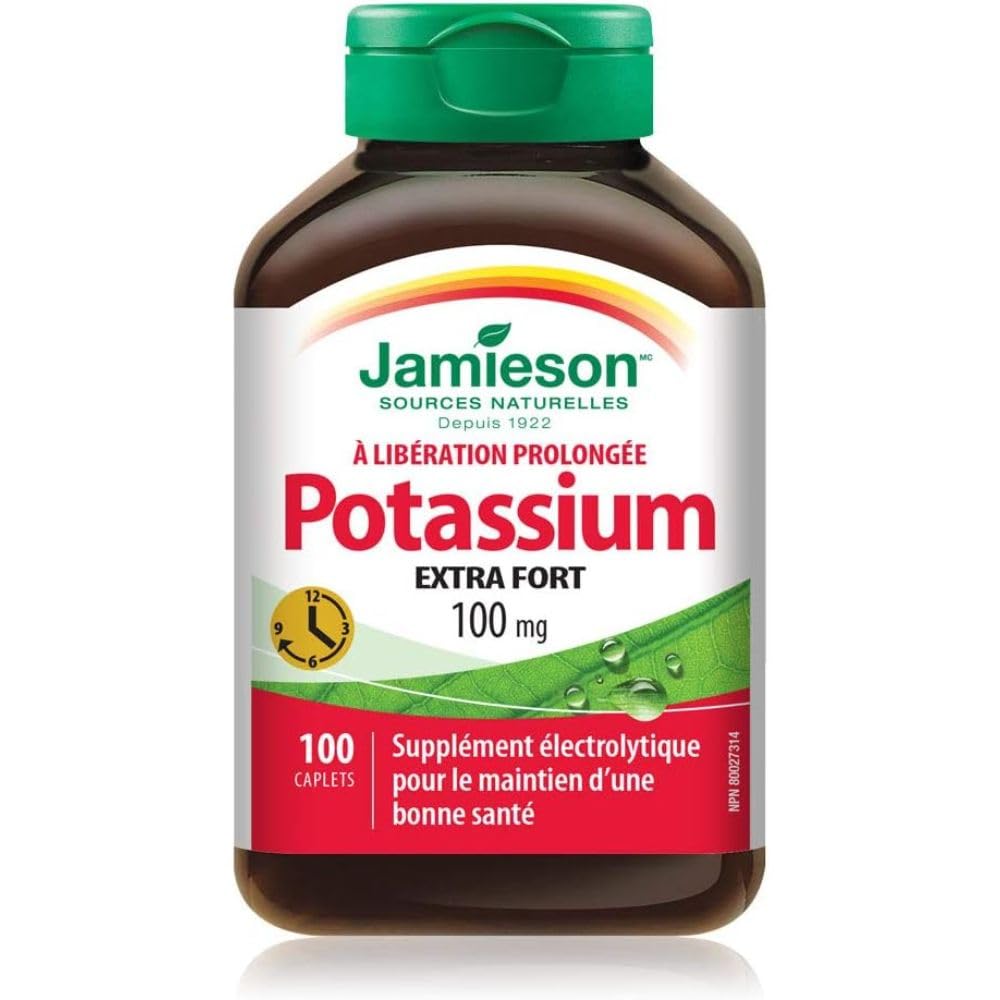
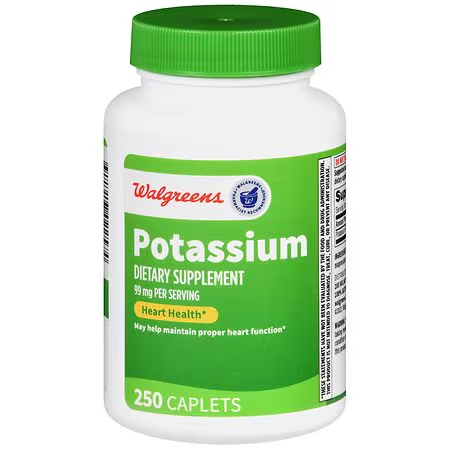
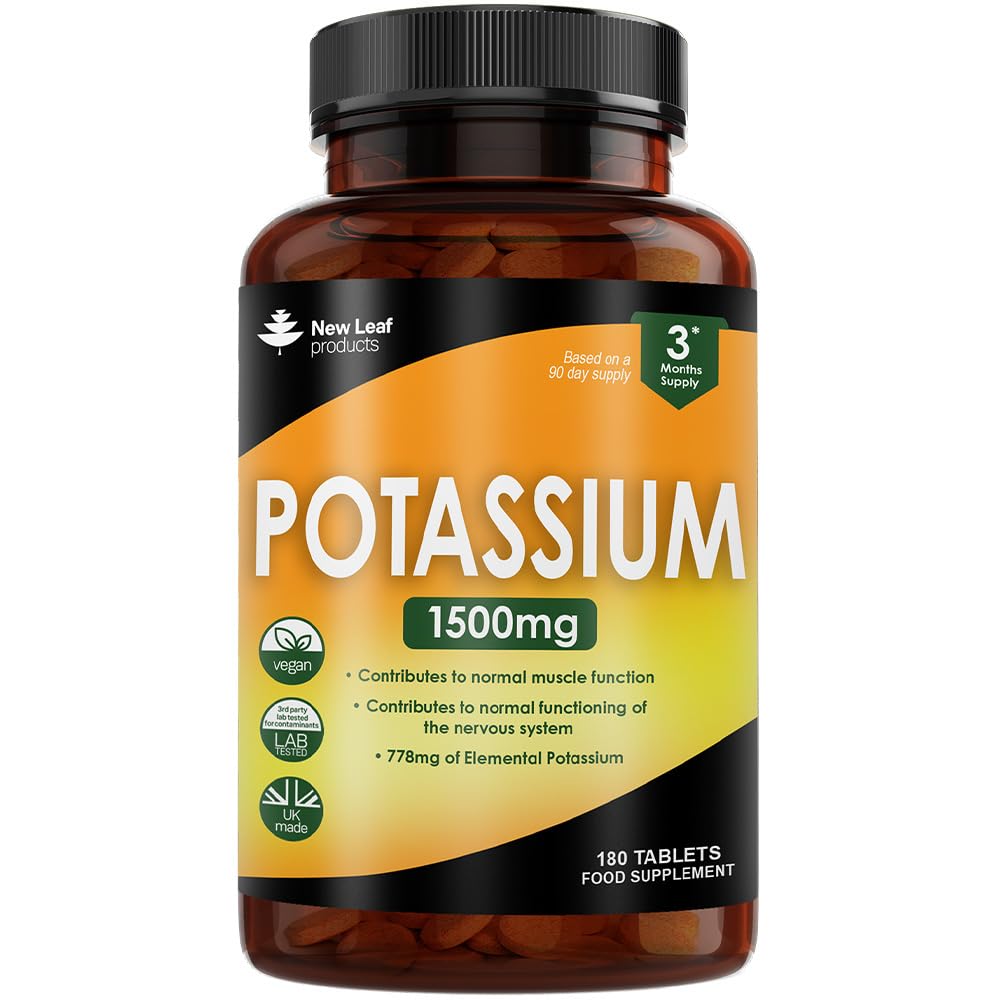
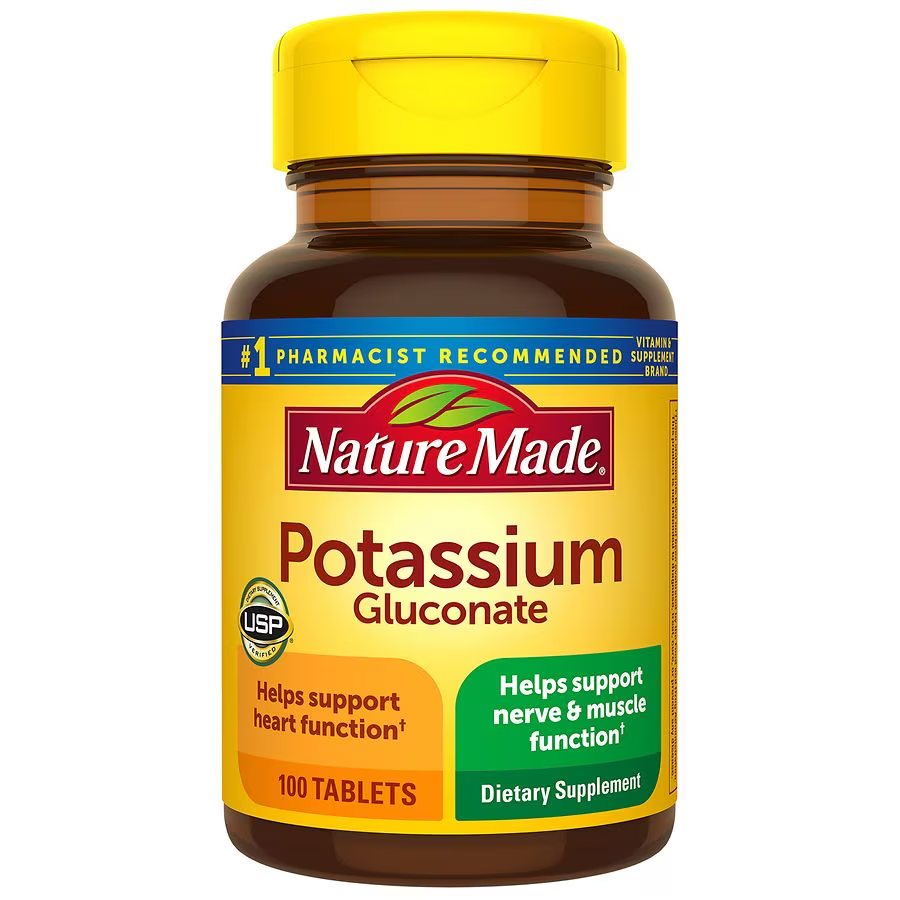
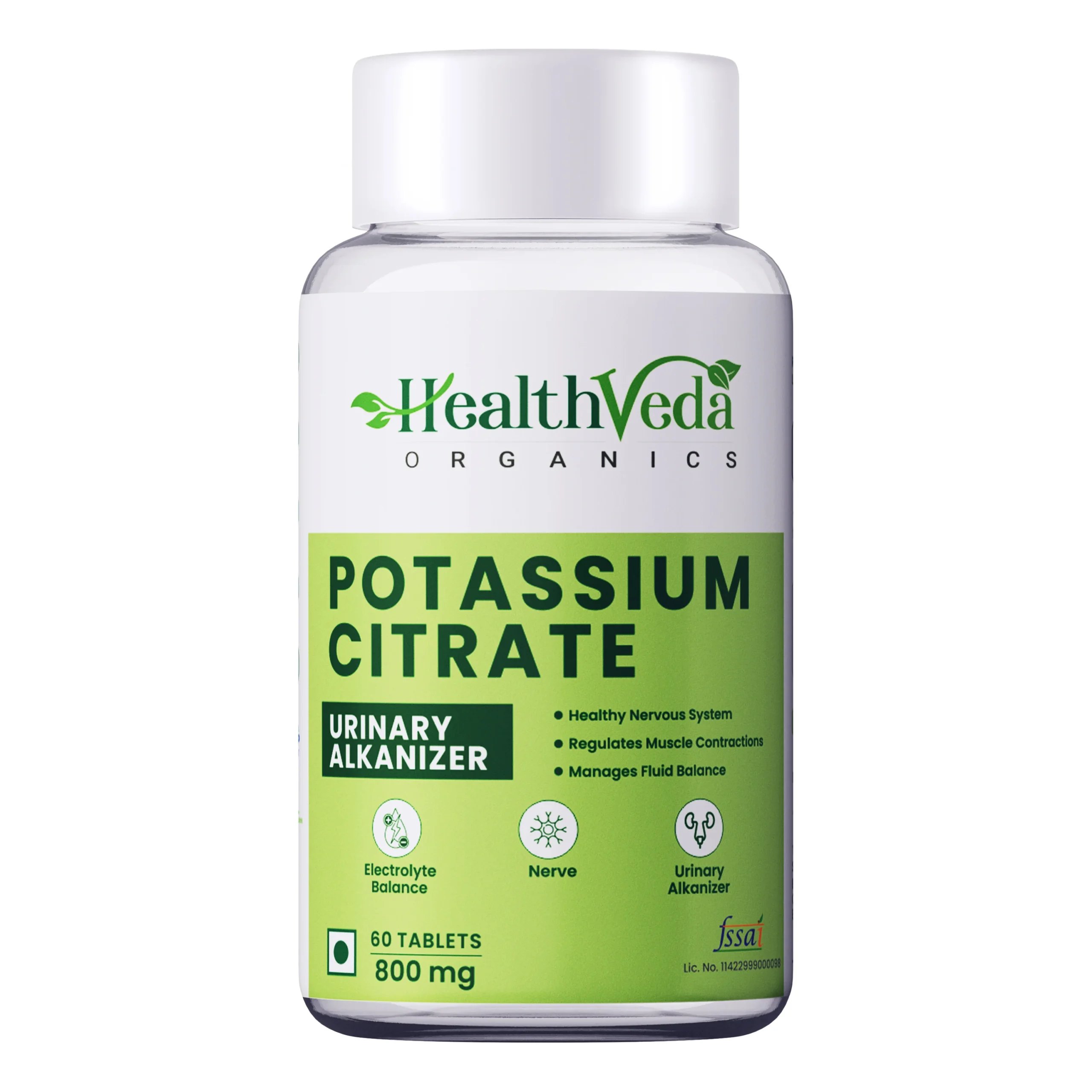
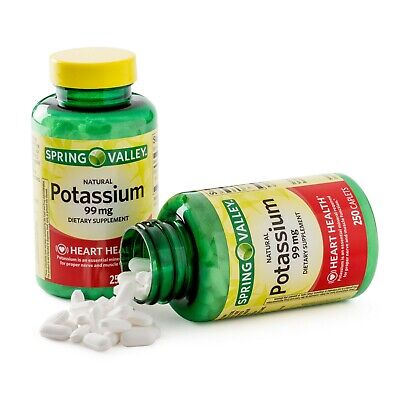
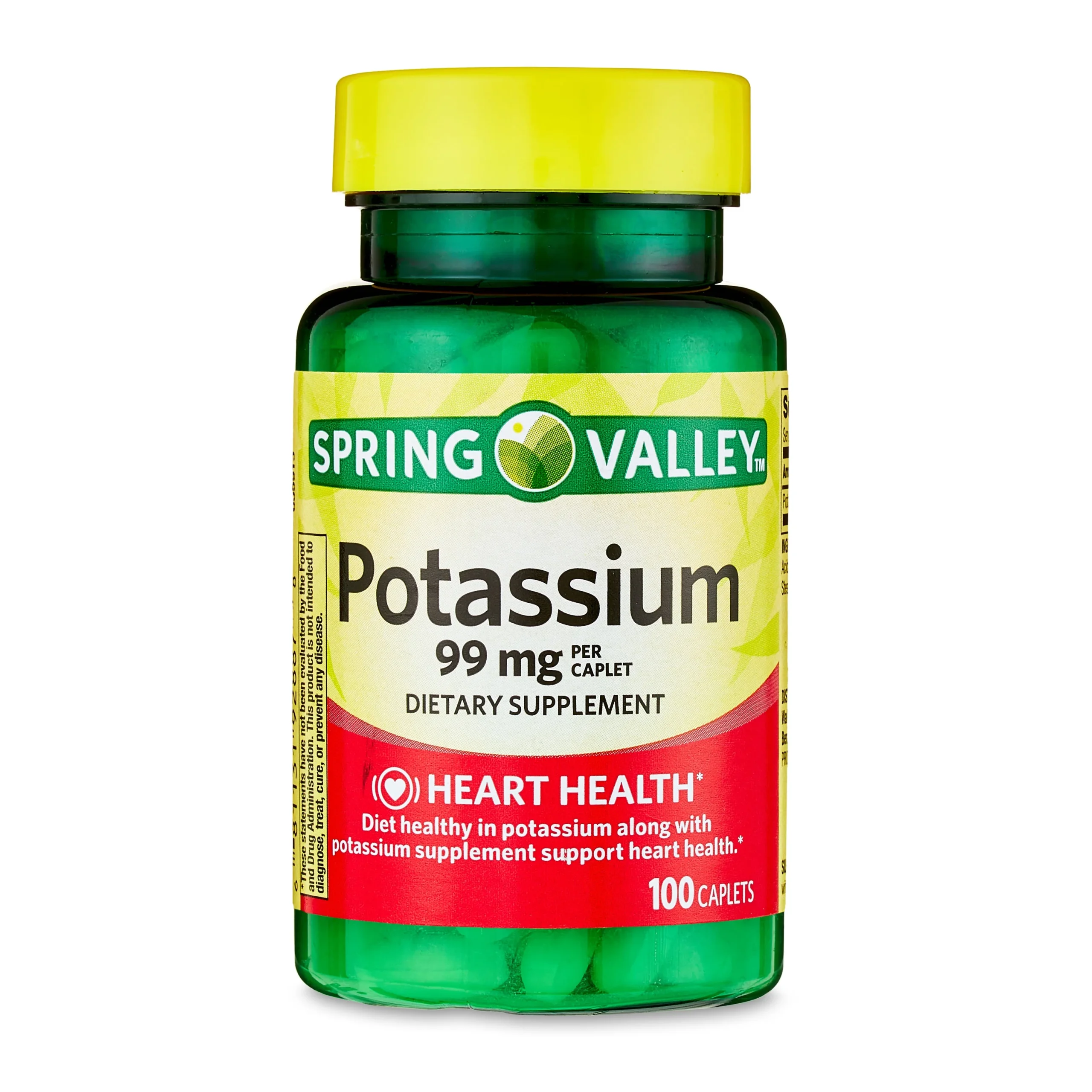





Reviews
There are no reviews yet.